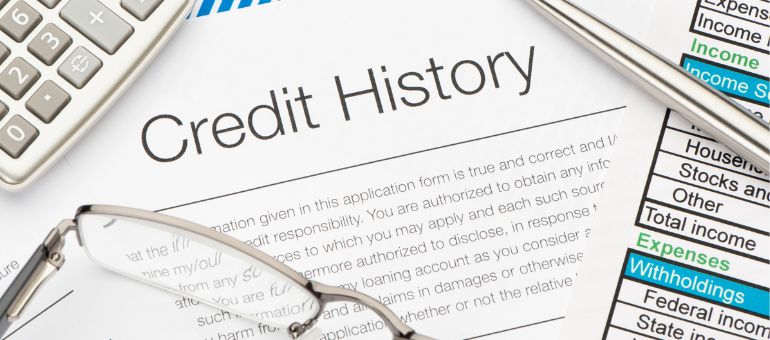Finding A Lender to Approve You for a Loan Can Be an Uphill Battle If You're New to Credit
It's no secret that credit is key when it comes time to finance big purchases, such as a car or a home. But even if you don't see yourself borrowing in the immediate future, having no credit history can be a barrier to accomplishing everyday tasks. Credit can come into play when you're renting an apartment, opening utility accounts, buying insurance, or even looking for a job.
Starting from scratch with no credit history can be a challenge but it's a critical step towards beginning your financial independence. Here are a few helpful strategies to begin building your credit when you're starting with a blank slate.
1. Become an Authorized User
If you don't have a history of managing credit accounts, it can be difficult to get approved for loans or credit cards. Becoming an authorized user on a family member's or friend's credit card is one way to build credit that doesn't involve applying for your own credit card. As an authorized user, you'll be added to the primary cardholder's account and get your own card you can use to make purchases. The credit card account, and its payment history, will appear on your credit report, helping you establish a credit history and score.
Before asking a family member or friend to add you as an authorized user, it's important to make sure that the lender reports authorized user accounts to the credit bureaus. If payments aren't reported, this strategy may not do you much good.
2. Apply for a Secured Credit Card
Applying for your own secured credit card can be an excellent way to build up credit. A secured card is typically easier to qualify for than a traditional unsecured card because it requires a deposit upfront that "secures" your credit line.
The deposit you'll need to provide differs depending on the credit card. Credit limits can also differ, but they are often equal to the amount of your security deposit. Some secured cards may charge an annual fee and other additional fees. If you're considering a secured card, shop around to see which credit card best fits your needs.
Once you establish a positive payment history on the secured card, you may get your deposit back and the opportunity to upgrade to an unsecured card.
3. Apply for a Retail Card
Credit cards offered by retail stores are generally easier to qualify for than other traditional unsecured credit cards. If you frequent a certain store often, signing up for the associated store card could help you build credit while you do the shopping you planned to do anyway.
One thing to be aware of, however: Store cards tend to charge higher interest rates than other cards. If you decide to open a store card to build credit, the best approach is to pay off the entire balance each month. This way, you can avoid high finance charges.
4. Have Rental Payments Reported
If you pay rent on time each month, those payments could also potentially help you build credit. Like utility payments, rental payments are typically not included in your credit report. But you can ask your landlord or property management company to report your on-time payments.
Building Credit Takes Time
Building credit from scratch usually doesn't happen overnight. After opening your first credit account, it could take several months before enough payment history is reported to generate a credit score. That's why it's a good idea to start working on your credit before you actually need it.
While working on your credit, remember that slow and steady wins the race. If you keep account balances low and pay on time consistently every month, you'll be on your way to attaining the credit you need to achieve your financial goals.
Understanding and improving your credit score is a vital part of financial literacy. It requires discipline, patience and consistency. By following these guidelines, you can build a strong credit history to pave the way for better financial opportunities.

